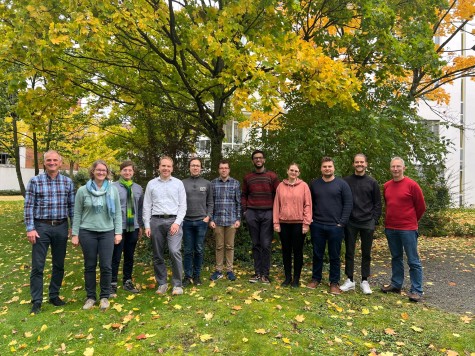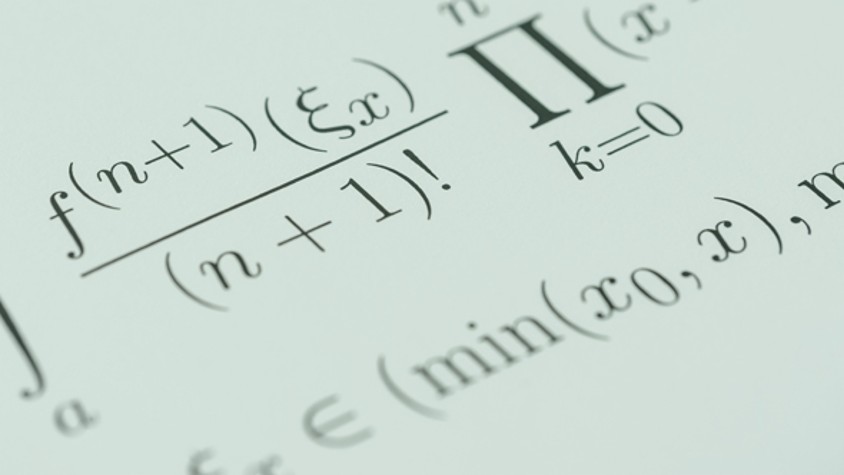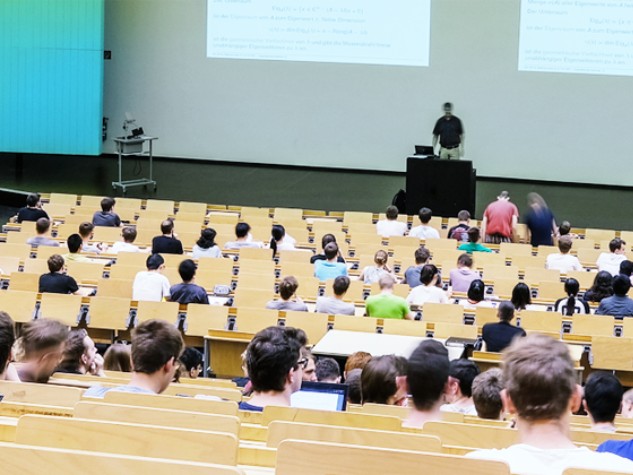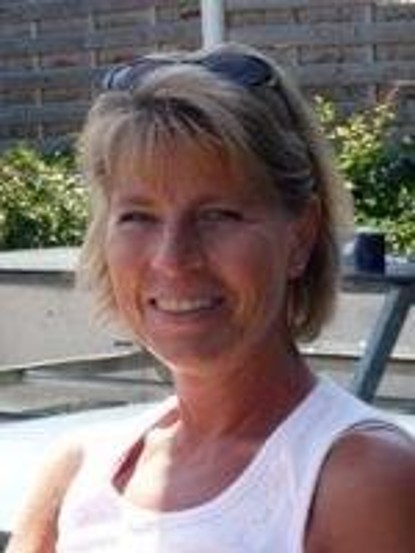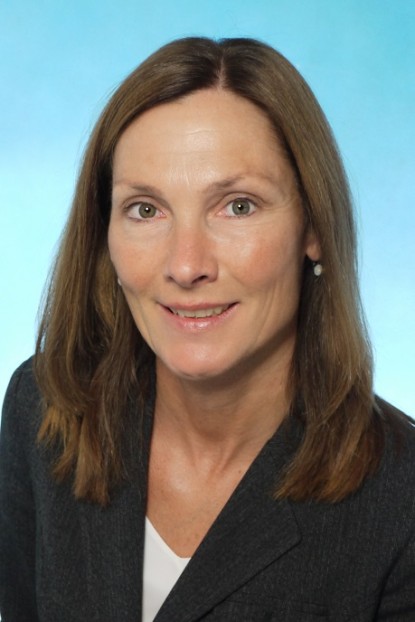Numerical Analysis
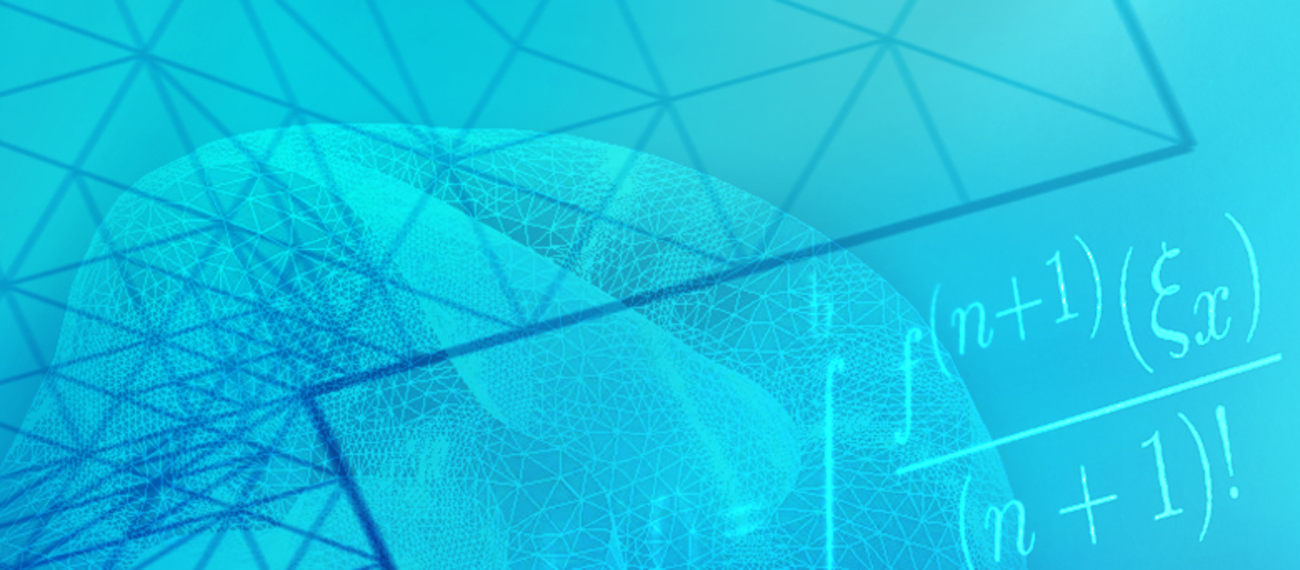
Numerical Analysis and Scientific Computing Group
Welcome!
As Numerical Analysis and Scientific Computing group we work on numerical methods, mainly for partial differential equations. We are happy about your interest, feel free to contact us! Spokesperson: Tabea Tscherpel (WiSe 25/26)

On the research level we develop efficient and robust numerical schemes, for example by means of structure preservation. For such schemes we deal with convergence analysis and both a priori and a posteriori error estimates. In situations of uncertain data we investigate techniques for uncertainty quantification and data assimilation that can be incorporated in numerical schemes. Efficiency can be enhanced by model order reduction as well as adaptivity, both on the level of the model and on the level of the mesh.
Most partial differential equations we work on are coming from compressible fluid dynamics. Applications include for example gas networks, compressible Euler equations and non-Newtonian fluids. Also partial differential equations from other fields such as electrodynamics, geothermics, medicine and biology are considered.
On the other hand for teaching we offer a wide range of courses for students on various aspects of numerical approximation. Notably, we aim for a solid basic education that will be practical and useful for anyone. Building on that, we enjoy offering specialisation in areas with close connections to our research.
Events
-
2026/01/14,
17:15-19:00math / (human join computer)
Mathematisches Kolloquium im Wintersemester 25/26
Prof. Dr. Johan Commelin, Utrecht University, Niederlande Humanity has developed many different ways to communicate mathematics, ranging from the very intuitive to the rigorous and precise. In this…

-
2026/01/21,
17:15-19:00Applied Mathematics - A Catalyst For Scalable Digital Twins
Mathematisches Kolloquium im Wintersemester 25/26
Prof. Dr. Dirk Hartmann, Siemens/TU Darmstadt The digital twin paradigm has emerged as transformative tool for any industry. Digital twins offer significant opportunities for real-time monitoring, …

-
2026/01/28,
17:15-19:00Resonances as a computational tool
Mathematisches Kolloquium im Wintersemester 25/26
Christine Bernardi VorlesungProf. Dr. Katharina Schratz, Sorbonne Université Paris A large toolbox of numerical schemes for dispersive equations has been established, based on different discre…

-
2026/02/04,
17:15-19:00Large infinities and ordinal-definability
Mathematisches Kolloquium im Wintersemester 25/26
Dr. Juan Aguilera, TU Wien We discuss extensions of the axioms of mathematicsasserting that very large infinite sets exist, as well as theimplications these have on the relation between the univers…

-
2026/02/11,
17:15-19:00Statistical breakthroughs and novel perspectives on deep learning theory
Mathematisches Kolloquium im Wintersemester 25/26
Prof. Dr. Sophie Langer, Ruhr Universität BochumMeet the Speaker Since several years, deep learning has emerged as a transformative field, with its theory involving several disciplines such as…

News
Currently no entries available.


